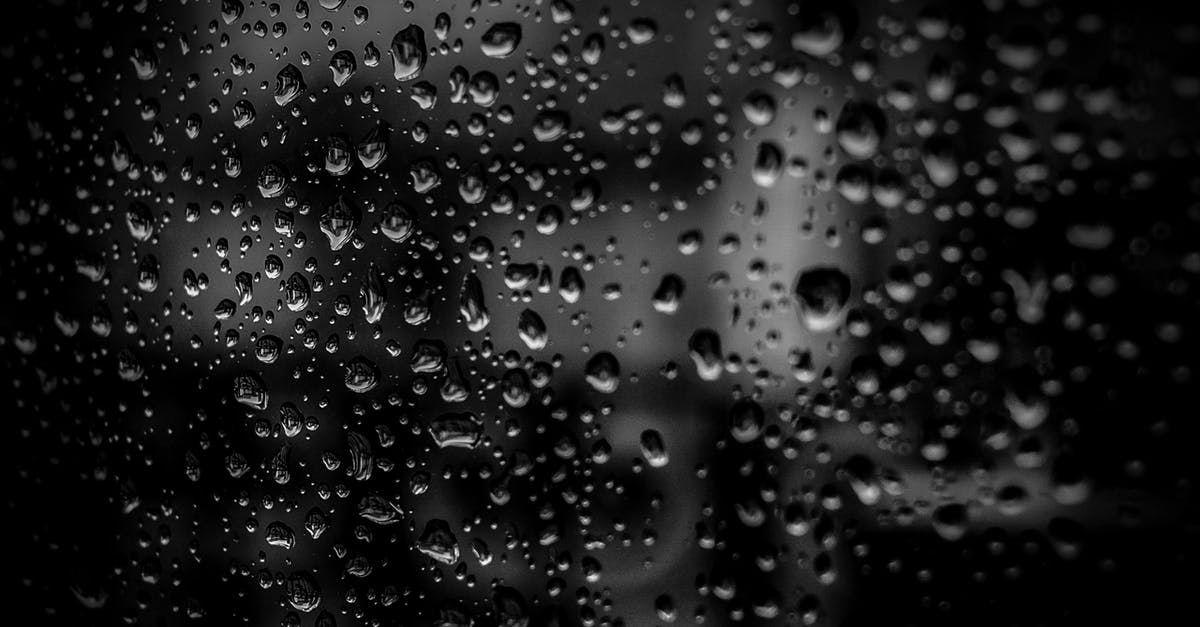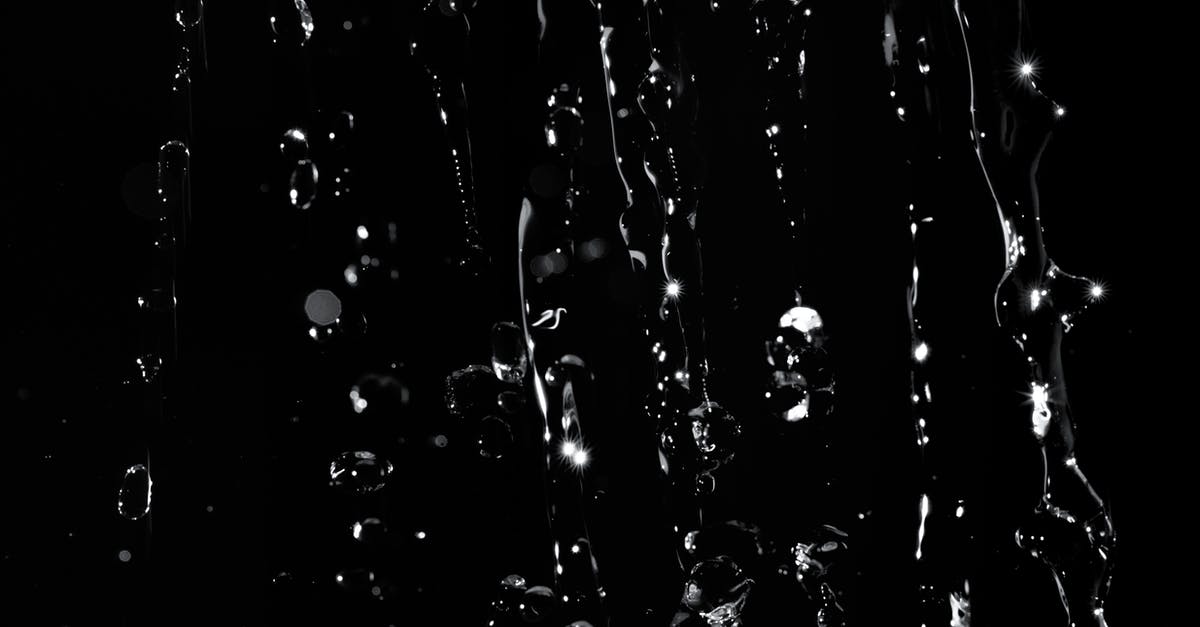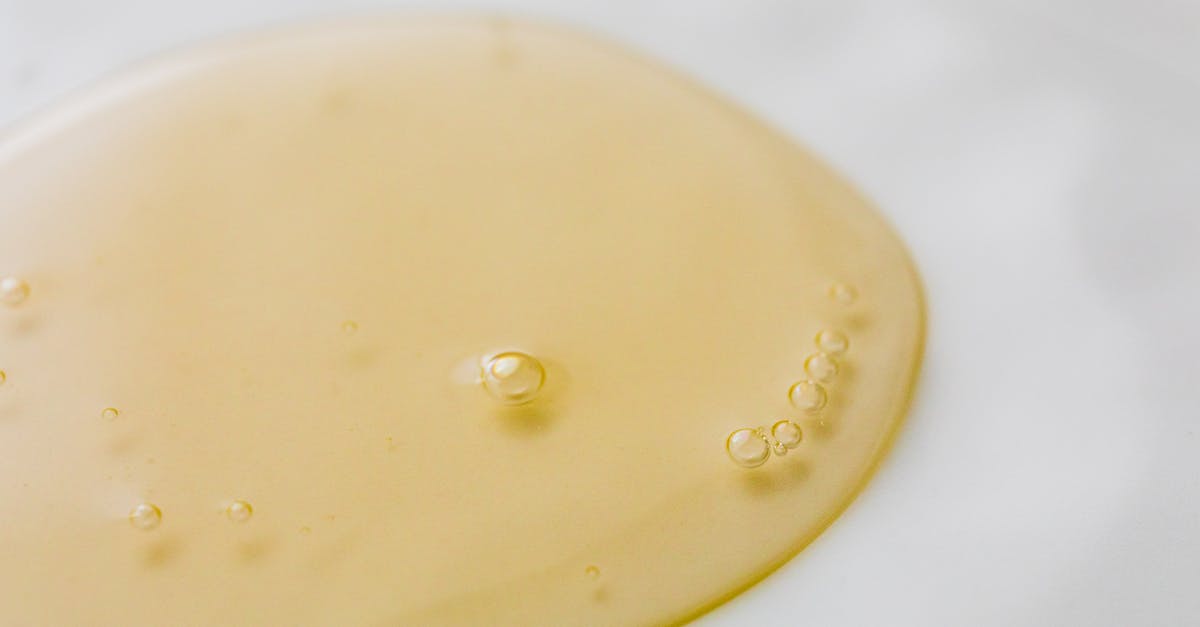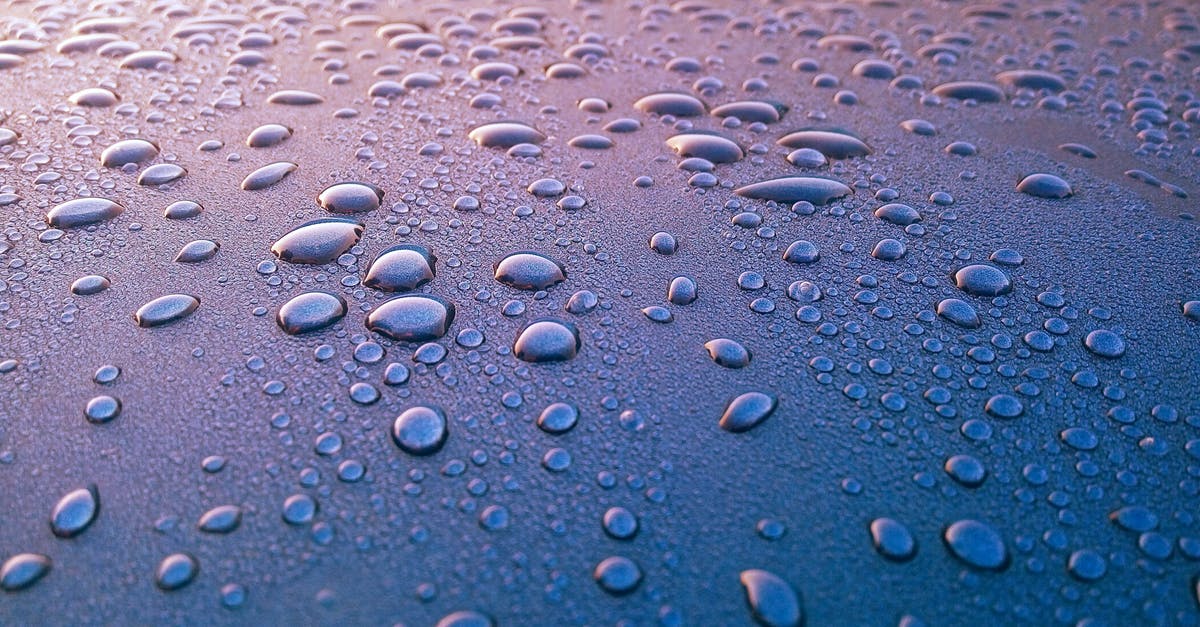Is it really necessary to wash a skillet that will be heated up again soon?

I made some eggs in a cast iron skillet yesterday and didn't wash the skillet. Today I want to make eggs again.
Is it really necessary for me to wash the skillet before making more eggs? It would seem to me that heating it up would kill germs that had accumulated in the day since I used it.
Is it just breaking the social norm that is the problem or is there really danger here?
Best Answer
Seems almost every question about bacteria seems to bring about both the bacteriophobes and the cavalier. In this case, the cavalier are probably closer to being right, but I'll try to present the facts so that you can decide for yourself.
The most common microbe groups responsible for household food poisoning are:
Salmonella, found in poultry, produces the CdtB toxin. CDT can be denatured (technically, "heat-labile") but is one of the most resistant toxins, taking 30 minutes at 70° C to destroy. This type of bacteria isn't normally associated with eggs, but since chicken eggs and other poultry products may be handled in the same area, it's not unthinkable that the shells could become contaminated - and depending on how you handle the eggs, so could the frying pan.
E.Coli is normally associated with beef but is also known to be found on egg shells. It's improbable, but not impossible for it to be found in yolks as well. This is a bit of a weird one because egg yolks also have immunization properties against e.coli, but not in the yolk itself or the frying pan. The strains of e.coli associated with food poisoning encode Shiga-Like Toxin (SLT) and also Enterotoxins, the latter of which are often heat stable. I'm not sure about SLT, but the STs can withstand boiling for 30 minutes.
Campylobacter (causing Campylobacteriosis) produces certain enterotoxins and also CDT. As above, these tend to be heat-resistant.
C.botulinum is responsible for for botulism and is ubiquitous. The spores are incredibly difficult to kill but they are also only harmful to infants and the immunodepressed. More importantly, the bacteria are killed by heating to 85° C for 5 minutes and are also anaerobic - meaning they can only grow when they are not exposed to air. In other words, these may be present, but won't grow and produce toxins on a reasonably clean pan.
C.perfringens is one of the most common sources of food poisoning, and I believe is actually what drives a lot of the specific food safety/food inspection rules. The spores are very heat resistant (can survive boiling for a full hour), and even though it is anaerobic, it is also aerotolerant. It can grow on a pan - just more slowly than it would grow in an enclosed container or in raw/fresh food.
S.Aureus causes staph infections but also produces heat-resistant enterotoxins. It doesn't generally come from food, but more than 20% of humans are carriers, and also many pets (cats and dogs), so it is very likely in your household somewhere and can easily get on your frying pan and multiply on leftover food bits.
B.cereus is less common but very resilient (they're known for "fried rice syndrome" because they can survive steaming) and afterward produce spores and heat-resistant enterotoxins. Important to note that many strains of this are harmless - but not all.
V.cholerae causes (as you may have guessed) cholera symptoms which come from CTX and TCP toxins. Both of these are heat-labile although I wasn't able to find a time/temperature data point.
Chances are, you have at least one these friends in your kitchen. Chances are, you have several. The question is, did enough of them manage to get onto your frying pan after your last meal to produce dangerous levels of toxins?
Probably not. It's really very unlikely. But it is possible, and you're taking a chance if you don't wash your dishes.
In fact, it's probably more dangerous with eggs, because typically you'd cook eggs only up to a temperature of around 70° C, at most (63° is the temperature at which they set). So day after day you're bringing all those lovely bacteria right into the danger zone for several minutes and not staying above it for very long at all!
Doing this one time... really not a big deal. Bacteria don't get to multiply much in the 5 minutes (or less) it takes to fry an egg, and most eggs aren't even contaminated to begin with, although there have been small outbreaks.
But doing this several times, day after day - you're increasing your risk each day because the pan may never get hot enough, long enough, to kill all of the new bacteria from the day before.
I would strongly recommend that you wash your pans after use. You don't need to use soap if they're cast-iron; a good scrub with salt and hot water is fine. But please - especially if you're going to be cooking for guests - don't just leave the dirty pans sitting there and use them again the next day without washing them first. It's not safe.
P.S. I'd like to draw attention to the fact that of all of the items in the list above, botulism, despite having some of the worst symptoms, is generally the least of your worries. Both the bacteria and the toxin are easy to kill, and the spores are harmless to healthy adults. So if you hear people on this site or any site talk about food safety entirely in terms of botulism and the temperatures required to kill/inactivate the bacteria/toxin, ignore them, because they haven't done their homework.
Pictures about "Is it really necessary to wash a skillet that will be heated up again soon?"



Quick Answer about "Is it really necessary to wash a skillet that will be heated up again soon?"
You don't need to use soap if they're cast-ironDo you wash a skillet after every use?
Clean cast-iron skillet after every use Wipe interior surface of still-warm skillet with paper towels to remove any excess food and oil. Rinse under hot running water, scrubbing with nonmetal brush or nonabrasive scrub pad to remove any traces of food. (Use small amount of soap if you like; rinse well.)Do I have to wash my cast iron skillet after each use?
Cast iron skillets should be cleaned after each use. Some clean their cast iron skillets by wiping them with a little salt and a paper towel. Others rinse them with warm water, with or without a squirt of dishwashing liquid.Do you have to clean a skillet?
Get right to it: Clean the skillet immediately after use, while it is still hot or warm. Don't soak the pan or leave it in the sink because it may rust. Add hot water: Wash the skillet by hand using hot water and a sponge or stiff brush. (Use tongs or wear gloves if the water is extra hot!)A TRICK EVERYONE SHOULD KNOW | How to make any stainless steel pan non-stick | THE MERCURY BALL TEST
More answers regarding is it really necessary to wash a skillet that will be heated up again soon?
Answer 2
With cast iron it is not uncommon to simply wipe it out and put it back on the shelf. Alton Brown, who is so phobic about bacteria that he washes fresh mushrooms, just scrubs his cast iron with a little salt. Since cast iron users don't tend to fall over dead with any more frequency than users of regular pans, I'd say it's fine. You don't wash the cook surface of your grill every time you use it, do you? (Some people recommend that you do, which baffles me. The antibacterial properties of my dishwasher are somewhat less than the antibacterial properties of raging fire.)
Now, understand, this is not to say that a pan full of yesterdays food is anything but disgusting, but if you wipe it out, and you heat the pan to kill anything that might be alive you're unlikely to have much trouble. Yes, bacteria leave toxins, but if you wipe out the pan the concentrations should be too low to do you any harm.
As long as you heat the skillet a bit before you add any food, you won't have anything to worry about. 150F kills damn near everything in 30 seconds or less...If you're in the US, your car is probably hitting that temperature right now: in cooking terms, it's not very hot at all. If you had some C. botulinum you might want to bump it to 180F, but you won't have C. botulinum living on your skillet, so don't worry about it.
Answer 3
If you don't wash your skillet, and your home is between 8 and 45 C (45-113F), conditions are good for salmonella to grow.
Salmonella bacteria can survive a long time under adverse conditions and temperatures. Ph can range from 4 (roughly tomato juice) to 8 (baking soda)source
Depending on how well you cook your eggs, you may not heat them up enough to kill the bacteria
Answer 4
While microbes may be killed by heat, the toxins they produce are not.
Answer 5
As far as my iron skillets and the same goes for my mother and grandmother and great grandmother and so on...a Lil salt on a hot skillet letting it heat up and scrape any remaining food it off into the trash is often sufficient to clean it depending on if you do it right after cooking...I don't wait...I do it while the pan is still hot and then after cleaning with just salt and a small wire brush no water I wipe it out or rinse it with just water then I let it dry while I eat my meal and afterward oil it...it's how it's been done for generations in my family and we have never gotten sick...nor do we worry about random bacteria and I am a bacteriaphobe...lol
Answer 6
Let's assume that you're well and not already suffering with food poisoning. Then we can deduce that your cast iron skillet was free of pathogenic bacteria, and spores by the time you finished cooking the day before.
Bacteria need water to survive in their non-spore forms. A cast iron skillet is normally covered in oil, and furthermore that oil penetrates the microscopic cracks and crevices preventing bacteria from taking hold. In this way seasoned cast iron is much more inhospitable to bacteria than stainless steel.
Let's say that you didn't wipe off the excess egg that was cooked on your skillet. You're going to have to inoculate that food with pathogenic bacteria from somewhere to cause a problem. If someone does manage to inoculate the cooked egg on your skillet with pathogenic bacteria before you use it, you're going to heat the skillet and the food remnants up for another egg. You're going to Pasteurize that food just before you hit 100 deg C, and as you reach 120 deg C which is a temperature useful for cooking omelette, you're going to sterilize the food remnants in the time you cook the next egg.
So, in the scenario you posted, it's not necessary to clean your skillet before use. But also note that the USDA recommends that perishable food be refrigerated within 2 hours.
https://www.acsh.org/news/2018/07/30/seasoning-frying-pan-leads-new-approach-food-safety-13242
https://www.oliveoilsource.com/asktheexpert/can-bacteria-develop-olive-oil
https://www.fsis.usda.gov/shared/PDF/Keep_Food_Safe_Food_Safety_Basics.pdf
Answer 7
Wow. Do you wash your barbecue grill between uses, or just scrape it clean and cleanse by fire? The idea of washing cast iron pans strikes me as funny. I have three that I've used for decades, as have my mother and grandmother. The smallest and largest I don't use so often, so I after use I wipe with table salt to get rid of excess grease and anything stuck. The medium size pan is near-daily use and NEVER gets washed. Could I look up a list of rare bacteria and imagine how they might survive frying and hang out in my salty bacon grease? Sure, but in daily activity we accept so many higher risks that this is a pretty silly one to worry about.
Sources: Stack Exchange - This article follows the attribution requirements of Stack Exchange and is licensed under CC BY-SA 3.0.
Images: Francesco Ungaro, Aleksandar Pasaric, Karolina Grabowska, Vlad Kovriga
